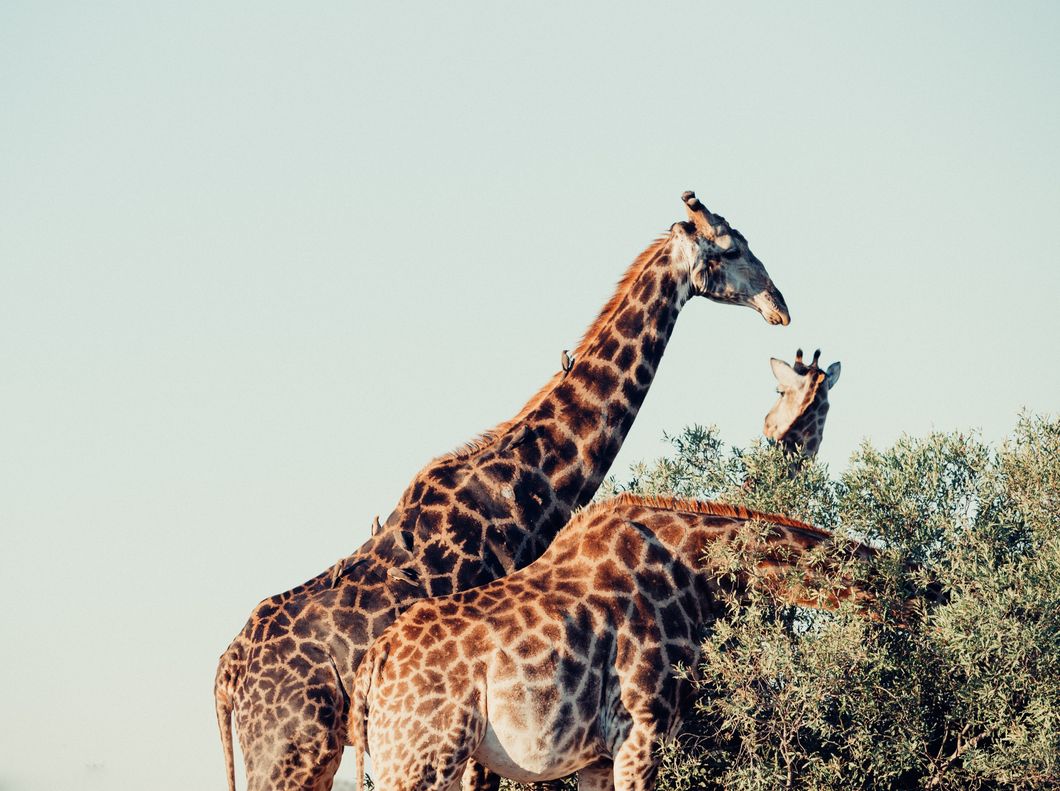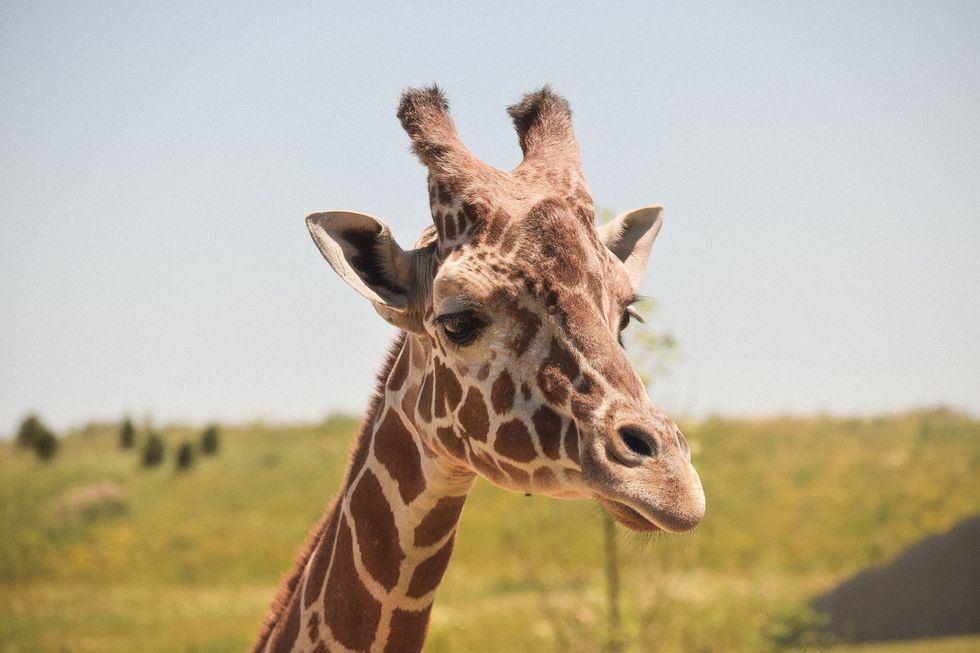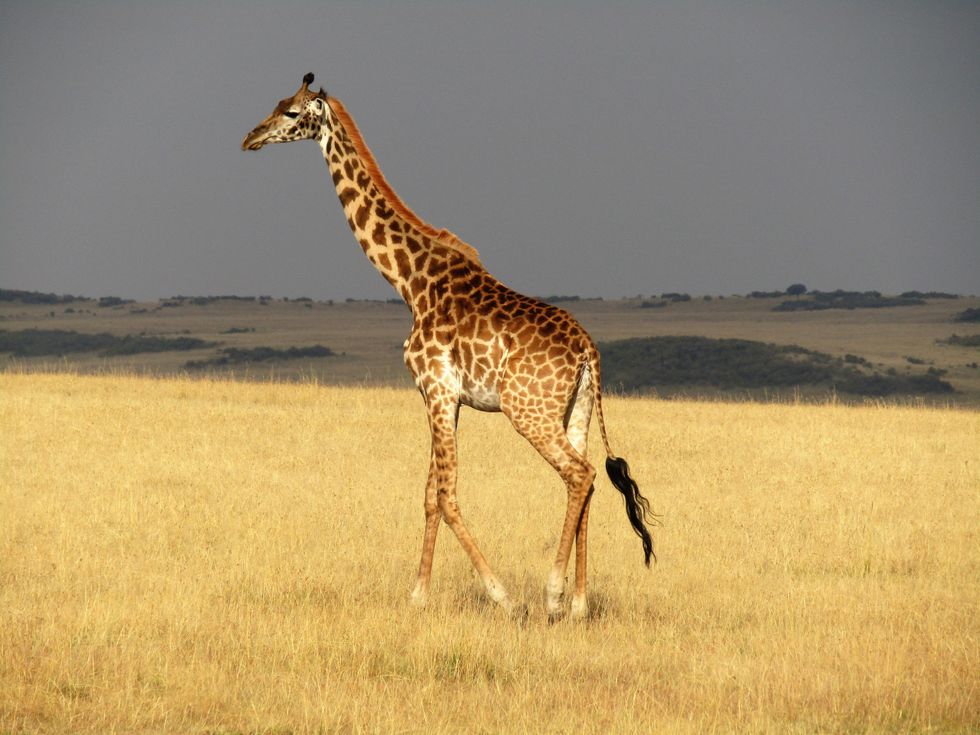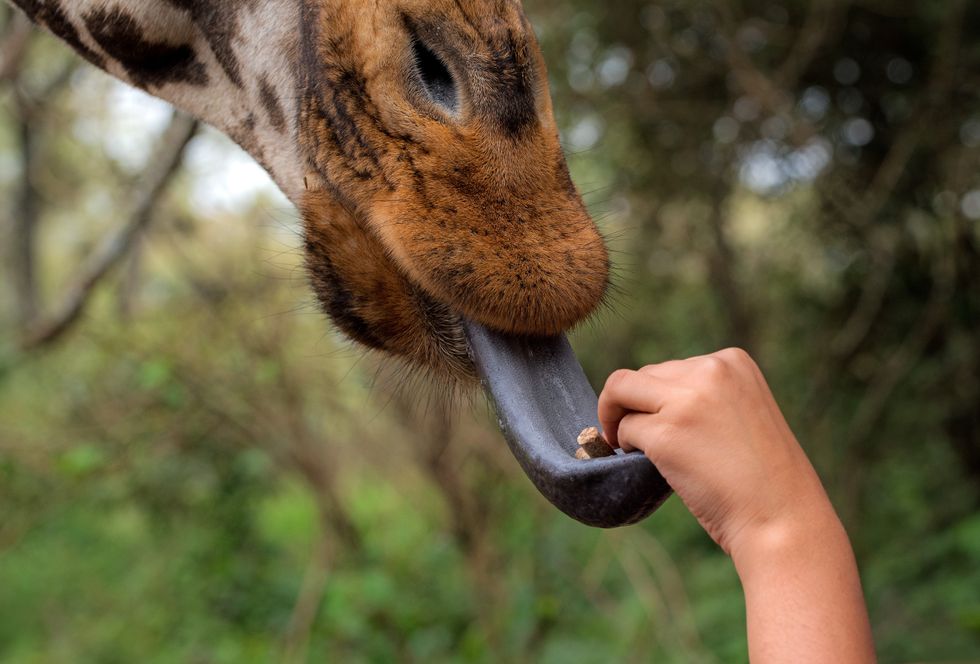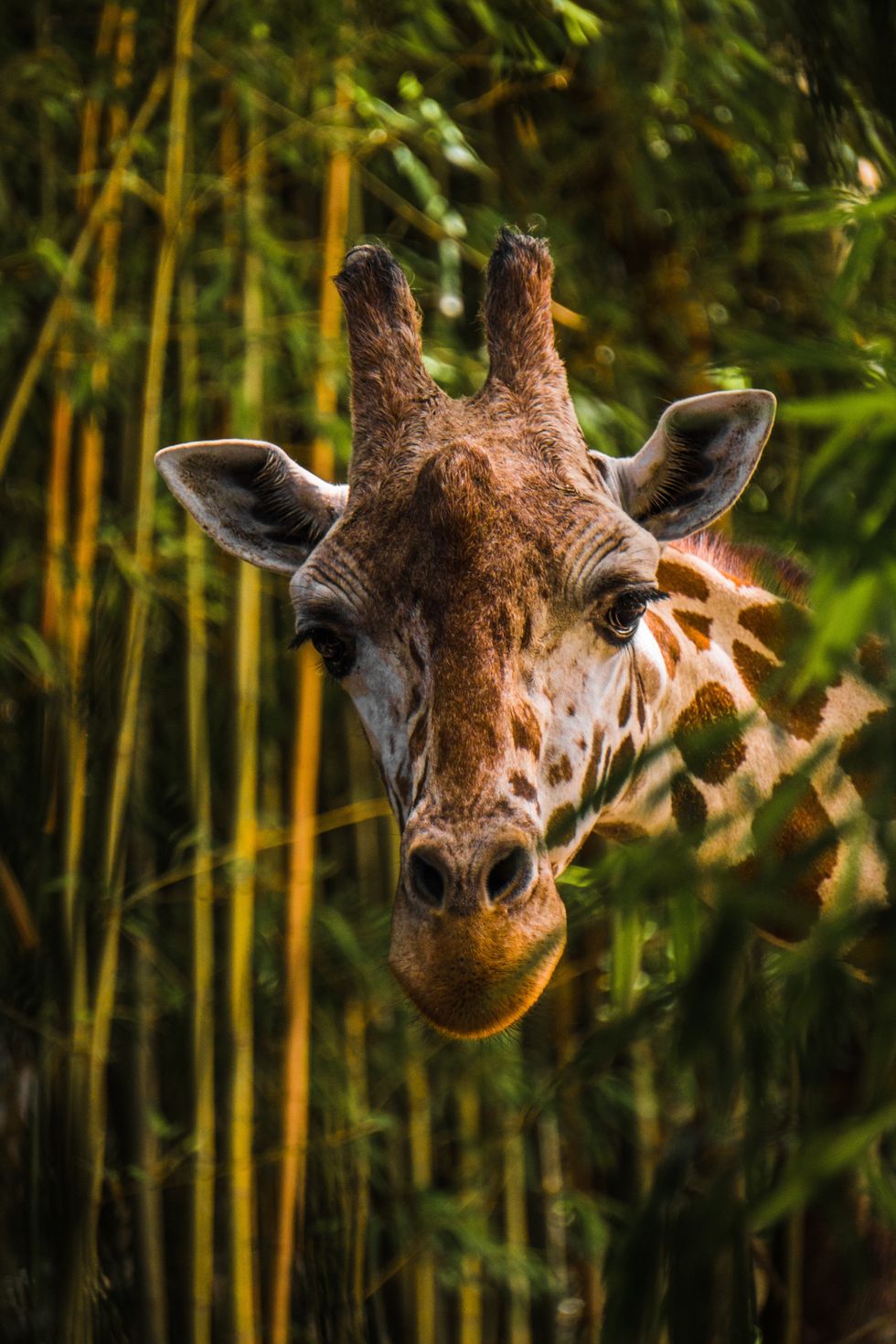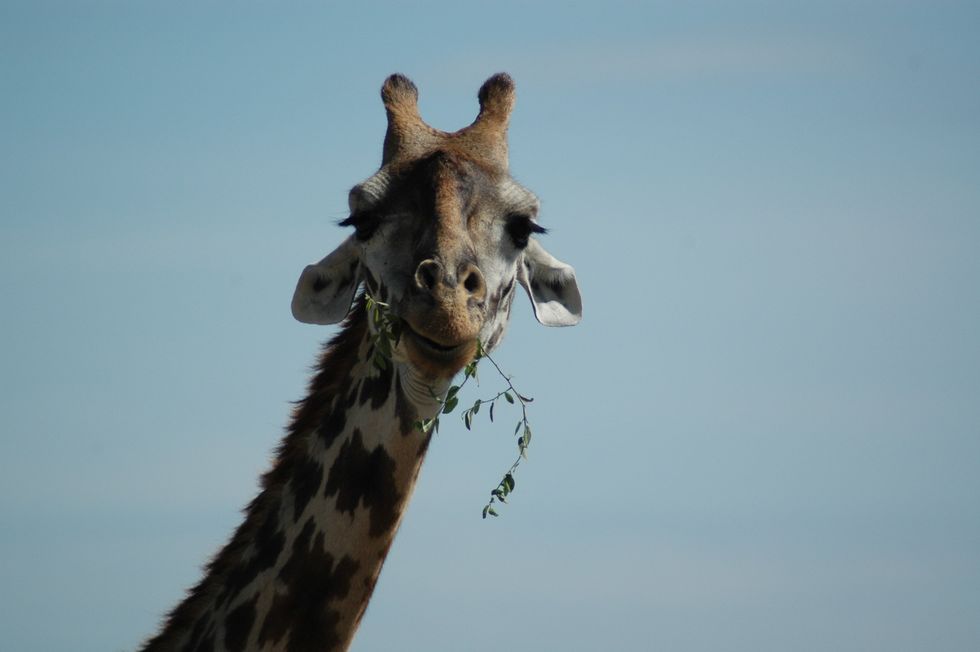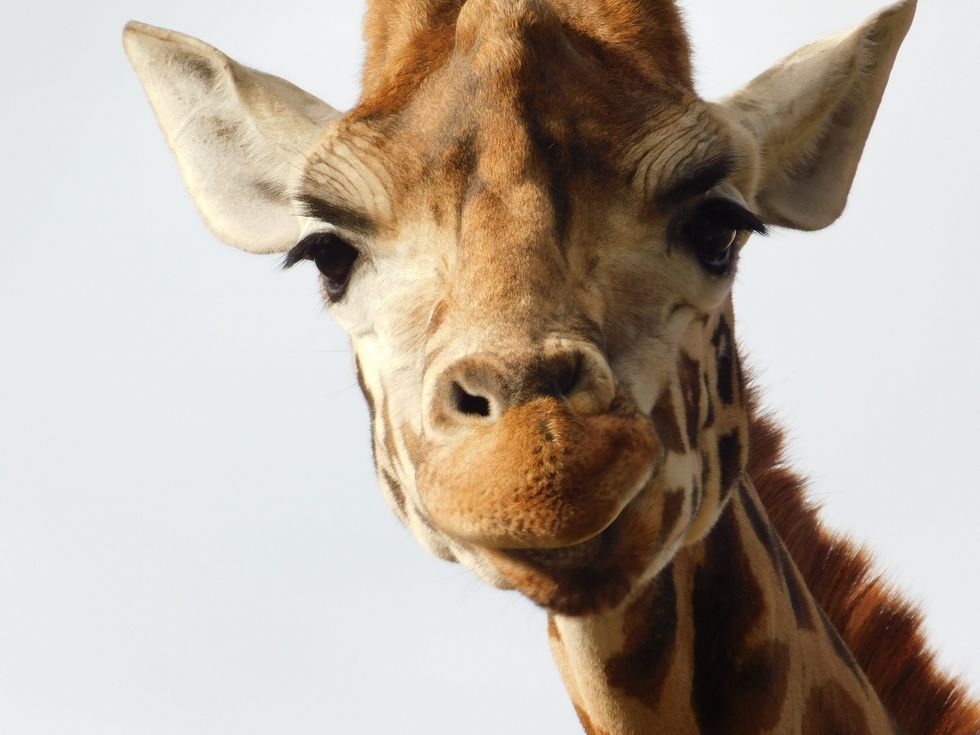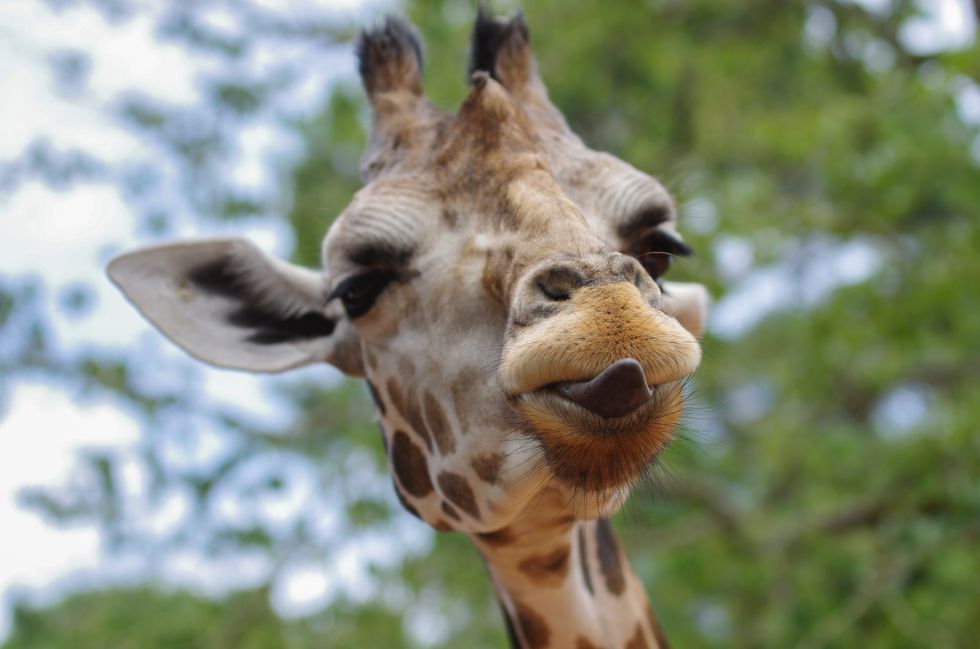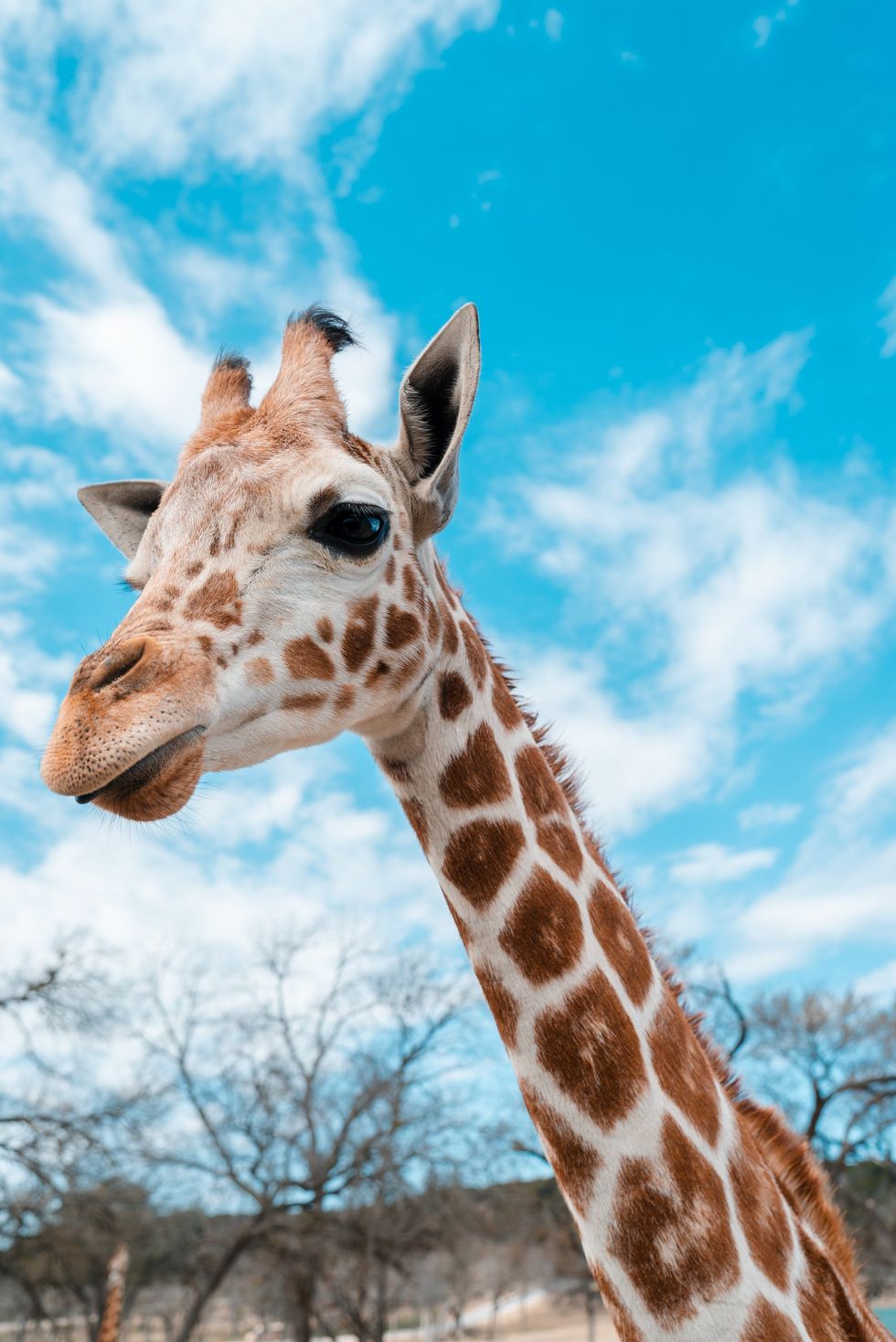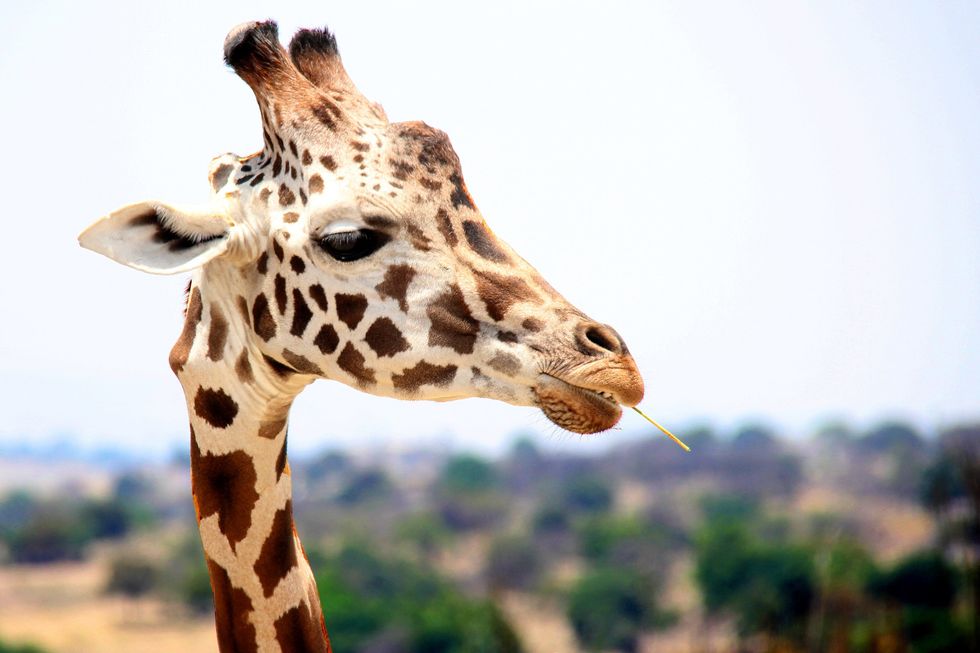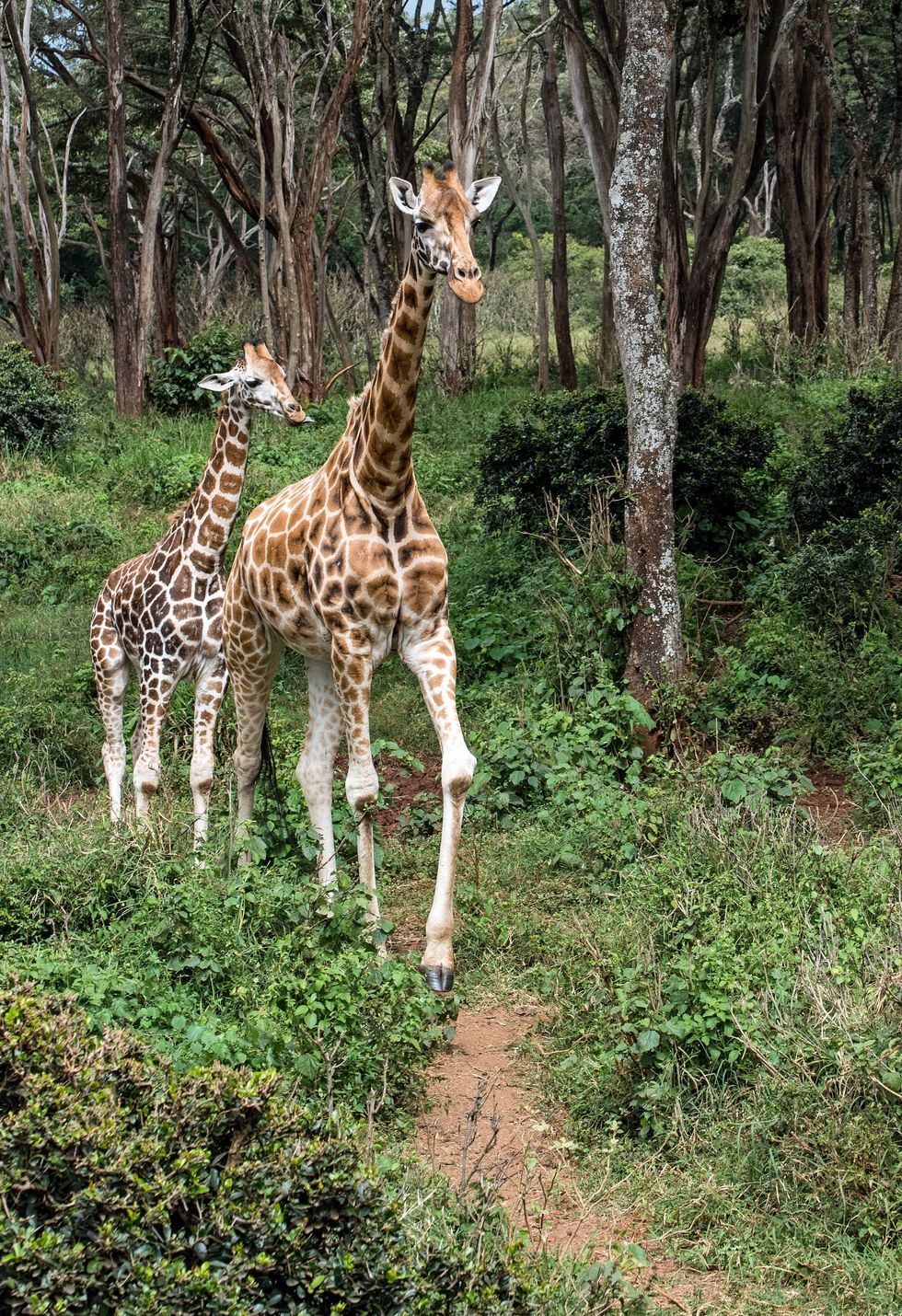How You Can Help Animals This Year On Earth Day
The theme of Earth Day 2019 on April 22 is Protect our Species.
Earth Day is April 22, and this year's theme is Protect the Animals. Our future generations should be allowed to enjoy nature while recognizing the importance of wildlife towards our wellbeing and surroundings.
Different wild animals and plant species often work as indicators of various environmental problems. Conserving wildlife brings us educational benefits, psychological improvements, and positive economic factors.
We should focus efforts on helping animals all throughout the year, but Earth Day brings awareness to the issues and puts them in the spotlight. Here are some animals that have been identified as the most at-risk and some things you can do to make a difference for our planet this spring.
1. Bees
Bees are vital to a healthy environment and healthy economy. They are vital for stable, healthy food supplies, which is of increasing importance as Earth's population exponentially grows. According to sos-bees.org, a third of the world's food supply is dependent on pollination, and one out of four bees species in the US is at risk of going extinct.
Support the Pollinator's Recovery Act: https://earthdaynetwork.salsalabs.org/pollinatorrecoveryact/index.html
Avoid using pesticides.
Create a bee bath and grow bee-friendly plants.
Buy local honey and support local beekeepers.
2. Giraffes
Giraffe populations have declined from 155,000 in 1985 to 80,000 in 2018 according to the African Wildlife Foundation. Poaching and habitat loss have contributed to the decline in population.
Ask the U.S. to list giraffes on the endangered species list: https://earthdaynetwork.salsalabs.org/giraffeaction/index.html
Adopt a giraffe or donate to the Giraffe Conservation Foundation: https://giraffeconservation.org/
Spread awareness, not many people know that giraffes are at risk.
3. Coral reefs
More than 25% of marine life depend on coral reefs, but estimates say that 65% of all reefs are under serious threat, and 25% of those are damaged beyond repair. Climate change, overfishing, and coastal development are all a factor in the depletion of this wondrous animal.
Pledge to use coral-friendly sunscreen: https://earthdaynetwork.salsalabs.org/newoxybenzonepetiton/index.html
RECYCLE, REDUCE, REUSE. I cannot stress this enough.
Volunteer in a beach or local cleanup.
Become an informed consumer and learn how your daily choices such as water use, recycling, seafood, vacation spots, fertilizer use, and driving times can positively (or negatively) impact the health of coral reefs.
4. Whales
Whales have been in steep decline over the past century. Threats to whales include over fishing, pollution, and climate change.
RECYCLE, REDUCE, REUSE. Again, I cannot stress this enough.
Volunteer in a beach or local cleanup. Keep our oceans clean and healthy.
Become an informed consumer and learn how your daily choices such as water use, recycling, seafood, vacation spots, fertilizer use, and driving times can positively (or negatively) impact the welfare of whales.
Practice better boating: https://www.pacificwhale.org/conservation/be-whale-aware-and-dolphin-wise/
5. Elephants
Elephant populations (African, Indian, Asian, and Sumatran) have been in decline for years. They are a keystone species in their ecosystems, and therefore vitally important to maintaining balance in their environment. Elephants are threatened by climate change, habitat loss, and poaching.
Speak up against trophy hunting and don't buy ivory: https://earthdaynetwork.salsalabs.org/elephantaction/index.html?eType=EmailBlastContent&eId=98130313-5238-4ef2-8bda-a4d5de129784&eType=EmailBlastContent&eId=98130313-5238-4ef2-8bda-a4d5de129784
Be aware of organizations and their practices with captive elephants: https://www.elephantvoices.org/news-media-a-reports/elephantvoices-on-facebook.html
Support youth programs: http://www.rootsandshoots.org/
6. Sharks
With the way sharks are portrayed in media, it's no wonder they are threatened by human activity. This graphic shows the number of sharks killed by humans, and it's unsettling. As an apex predator, sharks are vital to their ecosystem. They are threatened by hunting, climate change, pollution, overfishing and bycatch, and habitat loss.
Be smart about your sources of seafood: https://oceana.org/living-blue/sustainable-seafood-guide
Spread awareness.
7. Sea Turtles
Sea turtles are another prominent species at risk. They are especially threatened by overfishing and bycatch, climate change, pollution, and habitat loss.
RECYCLE, REDUCE, REUSE. I'll keep saying it until everyone does it.
Volunteer in a beach or local cleanup. Keep our oceans clean and healthy.
Become an informed consumer and learn how your daily choices such as water use, recycling, seafood, vacation spots, fertilizer use, and driving times can positively (or negatively) impact the lives of sea turtles.
Check out the Sea Turtle Conservancy: https://conserveturtles.org/
8. Great apes
Great apes are comprised of four general species: gorillas, orangutans, chimpanzees, and bonobos. They are declining due to habitat loss, climate change, and competition over resources.
Promote sustainable forestry: https://www.rainforest-alliance.org/articles/what-is-sustainable-forestry
Avoid products and food with palm oil: http://www.orangutan.com/orangutans/items-to-avoid/
It's worth saving the animals that we cohabitate with. Even if we do not realize it, we depend on many of them for our existence.
You can find out more about the 2019 Earth Day campaign here: https://www.earthday.org/
"In nature, nothing exists alone."
— Rachel Carson, 1962


